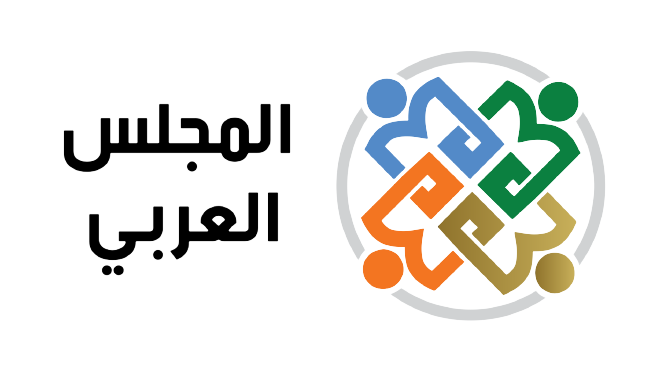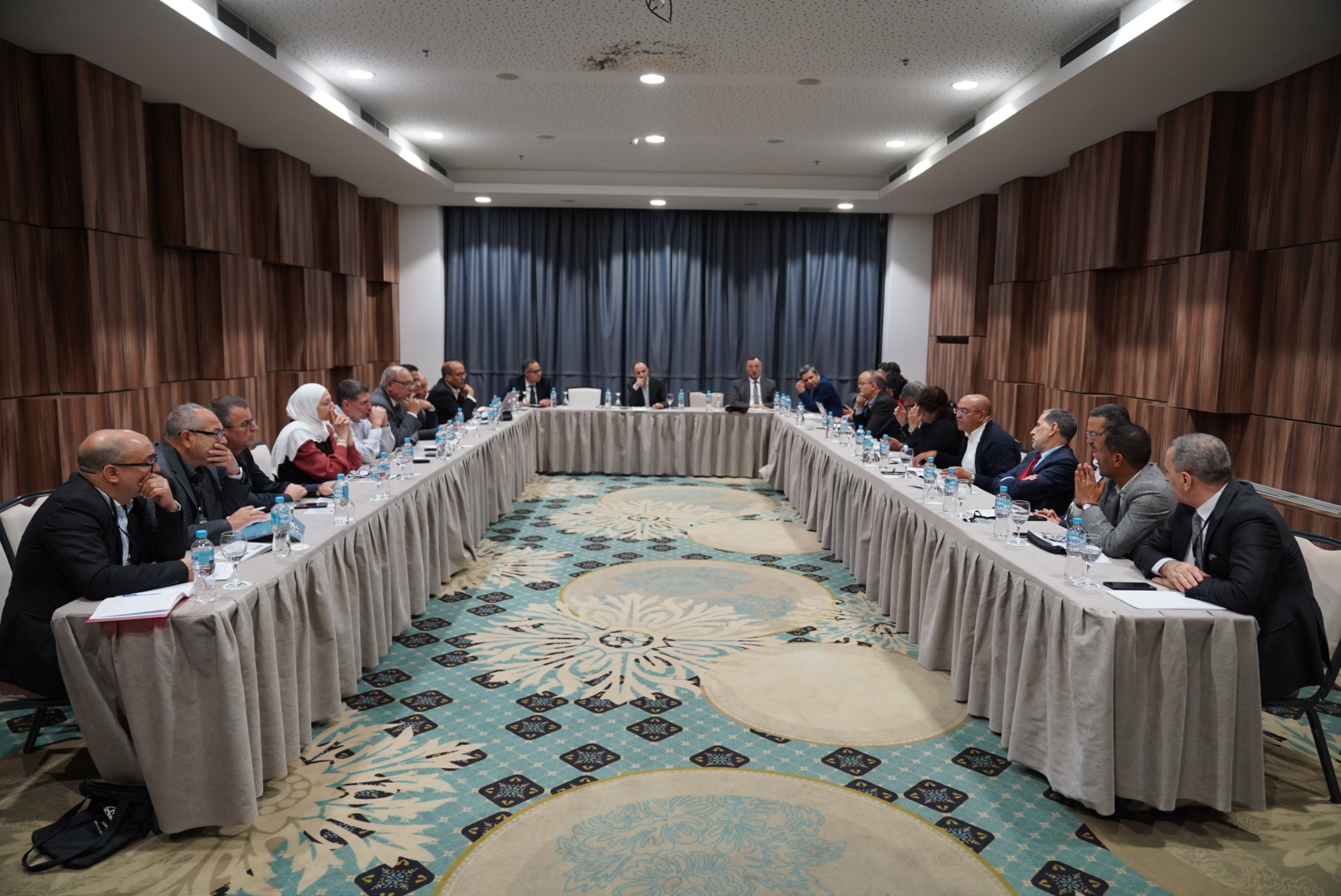In the recommendations of the intellectual workshop, we attempted to consider the diverse political systems of most Arab countries and their varying democratic experiences. Therefore, the recommendations aimed to rise above these differences in legal frameworks and systems.
The ultimate goal is to build democratic states that respect human rights and freedoms, particularly the freedom of expression, assembly, organization, and belief. Achieving this requires the dissemination of a democratic culture, as well as combating values, policies, and practices that undermine democracy, such as discrimination, intolerance, and the promotion of authoritarianism within Arab societies. It is also crucial to prevent policies that foster autocracy or marginalize individuals and groups politically, culturally, and socially.
The recommendations emphasized the need to adhere to the fundamental values and principles that form the foundation of democracy. These principles include political pluralism, maintaining the separation of powers, holding fair elections, ensuring inclusive representation, respecting human rights, and promoting popular participation in the democratic process. This participation should extend beyond mere involvement in elections, evolving into a broader influence on the political decision-making process.
Additionally, it is essential to adopt a democratic model that embraces the cultural uniqueness of Arab societies, fostering acceptance of the “other” and managing political and ideological differences in a way that turns them into factors of growth and distinction, rather than conflict and division.
The workshop also focused on the role of democratic and political forces in this process. The democratic forces themselves must practice democracy in their internal mechanisms, respecting the principles of democratic governance within their structures. They must commit to the peaceful transfer of power if they participate in any democratic process.
For democratic forces, this means upholding integrity in their positions and actions, respecting diversity, and avoiding the temptation of power. They must not contribute to the fragmentation of society. Strengthening trust in democratic mechanisms and structures is essential, ensuring that any internal policy changes do not allow external forces to infiltrate the process.
While analyzing the intellectual aspects of the transition, we also emphasized the importance of addressing economic and cultural development alongside democratic transitions. Quick recommendations included the establishment of a summer or winter university to discuss democratic transitions, political changes, and human rights, as well as the creation of an Arab democracy index to ensure state support for democratic transformation across the region.


